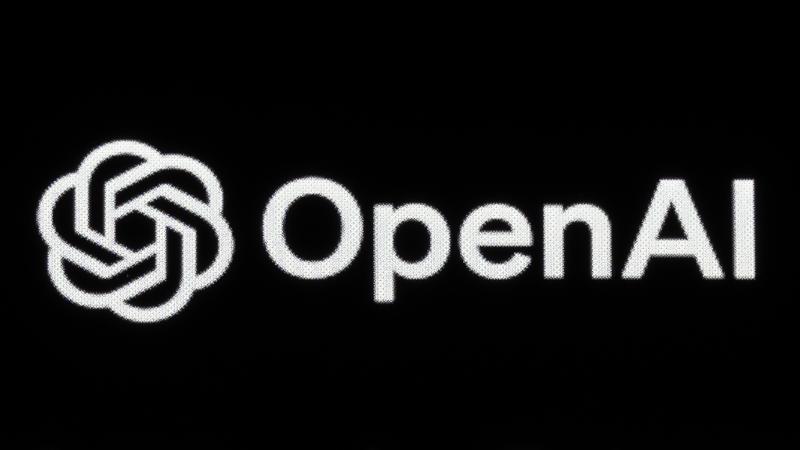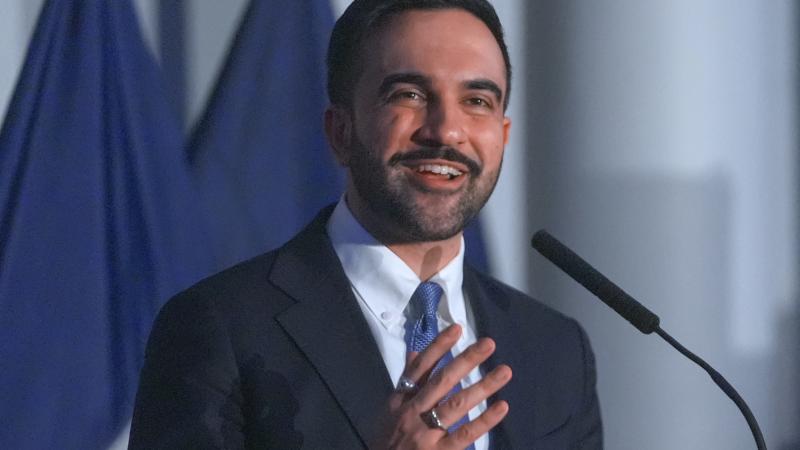Tech CEO decries Silicon Valley groupthink, calls for 'alternative tech power structures'
Rex Teams CEO Peter Rex wants investment in "values-driven tech entrepreneurs" and "leadership that is committed to faith, family and freedom" in a more tolerant, diverse and decentralized tech industry.
Leaders that value "faith, family and freedom" are missing in Silicon Valley, according to a devout Christian who is CEO of a billion-dollar tech firm.
Peter Rex, the CEO of Rex Teams, is calling for broad-based reforms, including greater diversity of thought in the industry and diffusing the power centers of technology across the country beyond its current West Coast power base.
As a wave of business leaders and media enterprises in 2020 announced a California exodus, in a June oped in The Wall Street Journal, Rex said he was moving his business headquarters off the West Coast after trying both San Francisco and the Seattle area, because "both have become hostile to the principles and policies that enable people to live abundantly in the broadest sense."
Rex reportedly turned a sole proprietor-bootstrapped real estate investment business into a $1.5 billion, integrated investment and operations company with more than 480 employees across the United States, $135 million in annual revenue, $350 million of equity invested, and over $700 million in total cash distributed to investors.
Rex has proposed reforms to the tech industry centered around three big ideas. First, he is calling for a diversity of thought. A Harvard Law School graduate, Rex compared this to presenting evidence to a judge, who allows the presentation of the best arguments of both sides, even if it looks like a very obvious decision.
"When you're trying to figure out the truth and you're trying to figure out where you stand on any issue, you need to hear a number of different opinions," Rex told the "Just the News AM" television program. "That way you can hear both opinions out, and I think that's something that's lacking in some of these centers that have the power centers currently for technology — Seattle and San Francisco namely —where there's really a one-sided view and really only one view that's acceptable for debate, and that's a dangerous position that leads to leadership that is indoctrinated and sort of intolerant to other people."
Rex said diversity of thought is vital in the search for truth, even as conservatives grow ever more angry and fearful at the power of Silicon Valley to promote liberal viewpoints and suppress conservative ones.
"For us as humans, we're very limited in our perspective as an individual, and for us to attain the truth, we need to hear opposing sides and hear different points of view," Rex said. "And we need to also be trained a bit in reasoning. But, at the very least, we need to hear different sides. And if we hear different sides, then we can allow our sensibilities, our intuition to kick in and discern which position is closer to the truth. And sometimes we can get dead on and hit the truth, but most times as humans, we're sort of grasping at the truth and trying to figure it out. And that's why it requires open debate, and a diversity of opinions."
Second, Rex wants to see investment in "values-driven tech entrepreneurs." In a Fox Business oped, Rex wrote that in San Francisco and Seattle he had noticed "a near-total lack of tech leaders aligned with a Judeo-Christian worldview," adding that he "got the sense that people of faith are deliberately excluded from the industry." Rex said he himself has experienced "more of a soft type of discrimination of ideas" as a devout Christian in the tech industry.
"For the sake of America, and for countries out there that are — all of them are exposed to tech — we need to have a diversity of opinions," Rex said. "And currently, we don't. And I think one of the holes in that is we don't really have leadership that is committed to faith, family and freedom. And I said particularly Judeo-Christian backgrounds, or really, I would say, not Judeo-Christian background so much as Judeo-Christian thinking and grounded in Judeo-Christian principles."
Third, Rex called for building "alternative tech power structures" in cities across the country, saying that his firm had looked at Boise, Idaho, Park City and Salt Lake City, Utah as possible headquarters for his firm. Rex said that in assessing what he found valuable in his search were places where faith, family and freedom are "flourishing."
"But at the same time, you don't want to have an insular view of even that," Rex cautioned. "You don't even want to have a position where as a Christian, I'm surrounded by a bunch of Christians. I want to be in a place where, yes, there are Christians, and that's a place that we can grow and cultivate our faith, or if you're Jewish, the same thing.
"But we want to have people who disagree with us and actually are maybe agnostic or atheist, but they're tolerant of us, and they love us and we love them as well. That's a place that we want to be. And we felt that Austin offers that, where Austin has a very strong contingent of liberals and you also have conservatives as well, and you're within Texas, which values highly freedom, which I think is absolutely critical."















